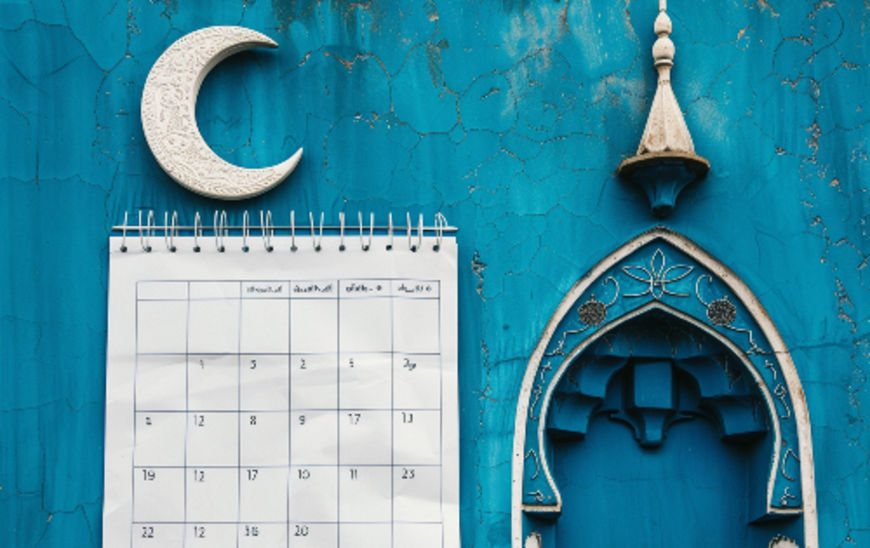
The Islamic lunar calendar, also known as the Hijri calendar, is central to the practice and observance of Islam. Unlike the Gregorian calendar, which is solar-based, the Hijri calendar follows the cycles of the moon, resulting in a unique structure that governs Islamic rituals, festivals, and daily life. This article delves into the intricacies of the Islamic lunar calendar, its significance, and the sacred months that hold special importance for Muslims worldwide.
What is the Islamic Lunar Calendar?
Structure and Basis
The Islamic lunar calendar is composed of 12 months, each beginning with the sighting of the new moon. This lunar cycle results in months that are either 29 or 30 days long, leading to a total of approximately 354 days in a lunar year. This is about 11 days shorter than the solar year, causing Islamic months to shift each year relative to the Gregorian calendar.
Historical Origin
The Hijri calendar was established by Caliph Umar ibn al-Khattab in 622 AD, marking the year of the Prophet Muhammad’s (peace be upon him) migration (Hijra) from Mecca to Medina. This event, known as the Hijra, is the starting point of the Islamic calendar and holds profound historical and religious significance.
The Significance of the Islamic Lunar Calendar
The Islamic calendar dictates the timing of major religious events and practices. Key observances such as Ramadan, Hajj, and the two Eids (Eid al-Fitr and Eid al-Adha) are based on the lunar calendar, emphasizing its importance in the daily lives of Muslims.
The lunar calendar instills a sense of rhythm and spirituality in the lives of Muslims. The sighting of the new moon is a communal event, fostering a collective sense of unity and devotion. This cyclical nature encourages Muslims to remain spiritually attuned throughout the year.

The Sacred Months in the Islamic Calendar
Among the 12 months of the Islamic calendar, four are considered sacred: Rajab, Dhu al-Qi'dah, Dhu al-Hijjah, and Muharram. These months are distinguished by specific religious prohibitions and recommendations that underscore their sanctity.
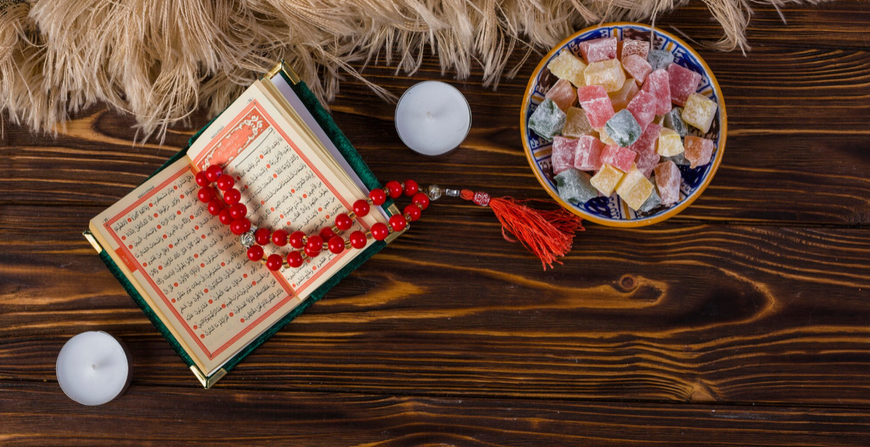
Rajab: The Month of Allah
Historical Significance
Rajab is the seventh month of the Islamic calendar and is often referred to as the "Month of Allah." It is a time for increased devotion and reflection. Historically, it is believed that the Isra and Mi'raj, the miraculous night journey and ascension of the Prophet Muhammad, occurred during this month.
Observances
-
Fasting: Many Muslims choose to fast during Rajab, although it is not obligatory. Fasting in this month is considered meritorious and spiritually rewarding.
-
Prayer and Reflection: Increased prayer, supplication, and recitation of the Quran are common practices during Rajab. It is a time to seek forgiveness and draw closer to Allah. During this month, many believers also incorporate the use of a rosary (misbaha or tasbih) in their prayers. The rosary is used to count the recitation of specific prayers and phrases, such as "SubhanAllah" (Glory be to Allah), "Alhamdulillah" (All praise is due to Allah), and "Allahu Akbar" (Allah is the Greatest). This practice not only aids in focus and concentration but also serves as a tangible reminder of one's spiritual commitments. The rosary can be a powerful tool for meditation and reflection, helping believers to deepen their connection with Allah during this sacred time.
Dhu al-Qi'dah: The Month of Truce
Historical Context
Dhu al-Qi'dah, the eleventh month of the Islamic calendar, is one of the four sacred months during which warfare is prohibited. This tradition dates back to pre-Islamic Arabia and was endorsed by Islam to ensure peace and safety for pilgrims traveling to Mecca.
Religious Significance
-
Pilgrimage Preparation: Dhu al-Qi'dah is a time for Muslims to prepare for the Hajj pilgrimage, which takes place in the following month, Dhu al-Hijjah. It is a period of tranquility and spiritual readiness.
Dhu al-Hijjah: The Month of Pilgrimage
Key Events
Dhu al-Hijjah, the twelfth and final month of the Islamic calendar, is the most significant month for pilgrimage. It is during this month that millions of Muslims from around the world gather in Mecca to perform Hajj, one of the Five Pillars of Islam.
Major Observances
-
Hajj: The pilgrimage to Mecca, which is obligatory for all financially and physically able Muslims, occurs from the 8th to the 12th of Dhu al-Hijjah. The rites of Hajj commemorate the trials of the Prophet Abraham and his family.
-
Eid al-Adha: Also known as the "Festival of Sacrifice," this major Islamic holiday is celebrated on the 10th of Dhu al-Hijjah. It honors the willingness of Prophet Abraham to sacrifice his son in obedience to Allah, a test of faith that was ultimately replaced by a ram.
Muharram: The Month of Allah
Historical Significance
Muharram is the first month of the Islamic calendar and is considered a holy month, second only to Ramadan in terms of its sanctity. The term "Muharram" comes from the Arabic root word "haram," meaning "forbidden." This signifies that fighting and conflict are prohibited during this month, emphasizing peace and introspection. Muharram begins with the sighting of the new moon and lasts for 29 or 30 days, depending on the lunar cycle.
The most notable day within Muharram is the 10th, known as Ashura. This day is particularly significant for its historical and spiritual connotations, which include both fasting traditions and commemorations of key events in Islamic history.
Key Events
-
The Day of Ashura and the Prophet Moses (Musa): Ashura marks the day when Prophet Moses (Musa) and the Israelites were saved from the tyranny of Pharaoh by the parting of the Red Sea. This miraculous event is a testament to Allah's mercy and power. In gratitude for this deliverance, Prophet Moses fasted on this day. The Prophet Muhammad (peace be upon him) continued this tradition, encouraging Muslims to fast on Ashura as an act of gratitude and faith.
-
The Tragedy of Karbala: The most poignant event associated with Muharram is the martyrdom of Imam Hussain, the grandson of the Prophet Muhammad, in the Battle of Karbala in 680 AD. Imam Hussain and his followers stood against the oppressive Umayyad caliphate, fighting for justice and truth. The tragedy of Karbala is especially significant in Shia Islam, where it is remembered with deep mourning and reverence. It symbolizes the eternal struggle against oppression and injustice, and the sacrifices made by Imam Hussain and his companions are honored through various rituals and commemorations.
The Role of the Moon in Islamic Culture
Lunar Sighting
The sighting of the moon holds cultural and religious significance in Islam. Communities often gather to observe the new moon, marking the beginning of a new month. This practice reinforces the communal and participatory aspects of Islamic worship.
Symbolism
The moon is a powerful symbol in Islamic culture, representing the beauty and order of Allah's creation. It is frequently mentioned in Islamic poetry and literature, reflecting its importance in the spiritual and cultural life of Muslims.
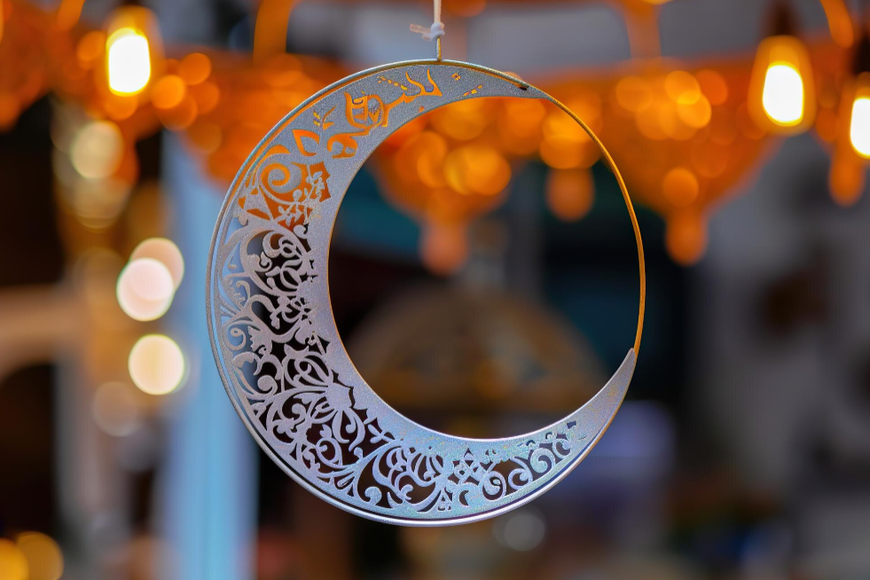
The Islamic lunar calendar is more than just a system for marking time; it is a profound element of Islamic faith and practice. By structuring the religious life of Muslims, it fosters a deep connection to historical events, spiritual rhythms, and communal observances. The sacred months of Rajab, Dhu al-Qi'dah, and Dhu al-Hijjah each hold unique significance, guiding Muslims towards increased devotion, peace, and fulfillment of religious obligations.
Understanding the Islamic lunar calendar enriches our appreciation of the depth and beauty of Islamic tradition, highlighting the intricate ways in which time, faith, and community are interwoven in the life of a Muslim. As we navigate the cycles of the moon, we are reminded of the eternal presence of Allah and the timeless nature of His guidance.
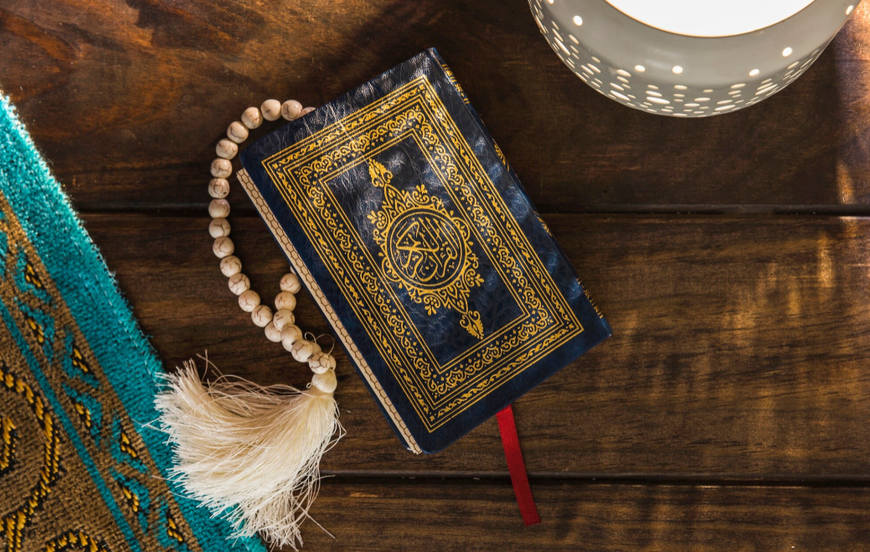
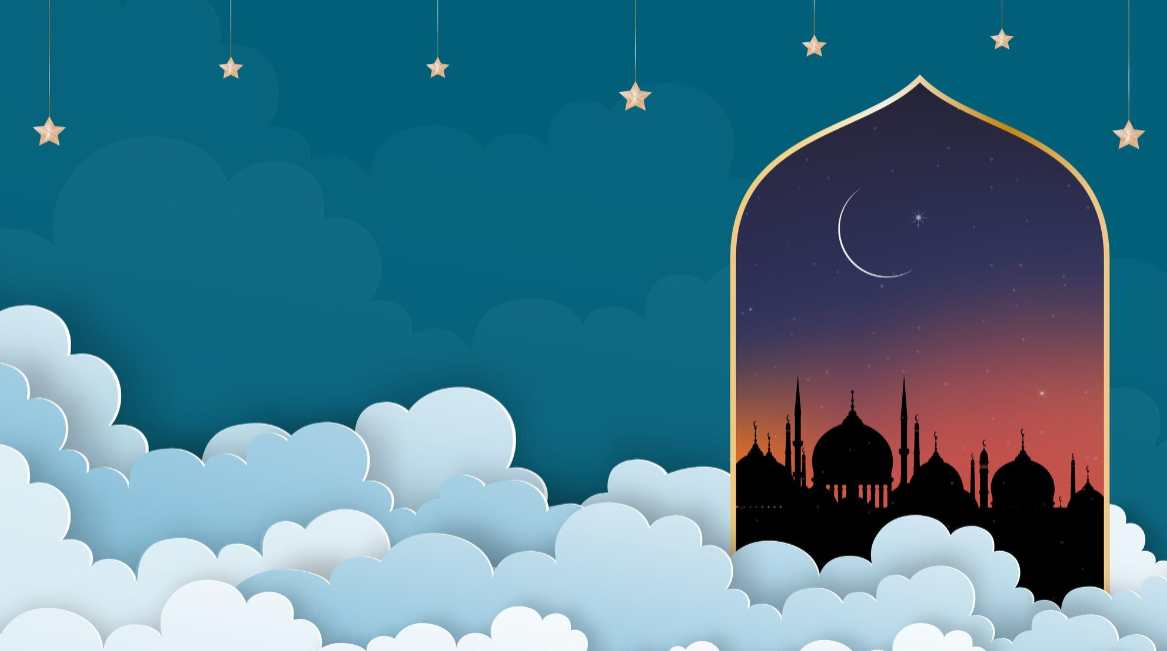
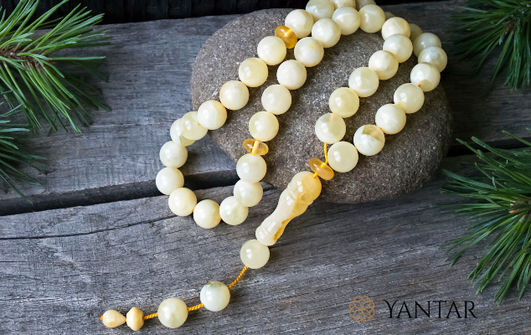



 Jewelry
Jewelry Silver amber jewelry
Silver amber jewelry Amber pictures
Amber pictures Souvenirs
Souvenirs